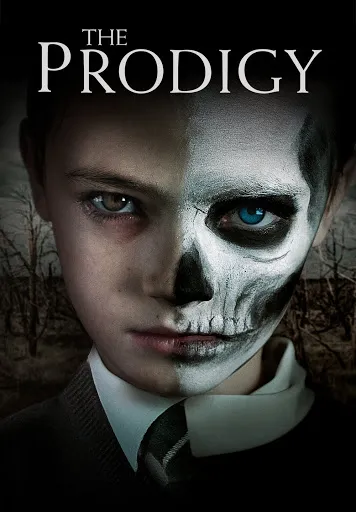👉Full movie at end of the post
Roman Polanski’s Bitter Moon is a provocative exploration of love, desire, obsession, and the cruelty that often hides beneath romantic illusions. Set aboard a luxurious cruise ship, the story juxtaposes the lives of a conventional British couple, Nigel and Fiona, with the intense, erotic, and ultimately toxic relationship of Oscar and Mimi. Told largely through flashbacks, the film functions as both a psychological thriller and a twisted romantic parable, inviting viewers to question the very nature of intimacy and emotional control.

Oscar, an American expatriate and failed writer, recounts his relationship with Mimi with theatrical flair, casting himself at first as the passionate lover, then the disillusioned man, and finally, the tormented victim. His narration — filled with sarcasm, poetic bitterness, and sexual detail — reveals how their relationship devolved from carnal obsession into emotional sadism. What begins as an intoxicating affair fueled by lust gradually transforms into a power struggle, where dominance, humiliation, and revenge replace affection and intimacy. Polanski uses this descent to expose the perverse ways in which love can mutate when boundaries are erased and egos are unchecked.
Mimi, at first presented through Oscar’s eyes as a sensual object of desire, emerges as the film’s most complex and subversive figure. After being emotionally shattered and discarded by Oscar, she returns in the role of caregiver after his accident — but her care is laced with vengeance. She infantilizes him, mocks his impotence, and forces him to rely on her for even basic dignity. The power dynamic has shifted entirely, and what had once been male domination turns into a reversal where Oscar is emasculated and trapped by the very woman he once controlled. This reversal serves as one of Polanski’s central critiques: the idea that obsession and desire are inherently unstable and potentially self-destructive forces.

Nigel, the “observer” in this story, is slowly drawn into Oscar’s narrative, his own desires awakening in parallel. Though initially appearing prudish and proper, Nigel becomes captivated by Mimi’s beauty and Oscar’s taboo-filled storytelling. His growing attraction to her is both voyeuristic and self-revealing — he is seduced not only by Mimi’s sexuality but by the darkness of their shared history. Fiona, his wife, is at first sidelined in the story, but she reappears powerfully in the climax. In a chilling twist, she joins the toxic couple in a sensual dance, suggesting either her submission to the erotic chaos or her liberation from years of sexual repression. It’s a moment that redefines her character and leaves the audience questioning who truly holds power in the film’s final moments.

Bitter Moon ultimately presents a disturbing commentary on romantic idealism. Polanski strips away the layers of conventional love and exposes the manipulation, cruelty, and psychological games that can lie beneath. The film is as much a meditation on storytelling and performance — with Oscar as the unreliable narrator — as it is a tale of failed love. By pushing the boundaries of comfort and taste, Polanski doesn’t offer moral resolution but instead confronts the viewer with uncomfortable questions: What do we really seek in love — connection, or control? Are we ever truly honest in our desire? And how much of love is just a reflection of our own narcissism?



